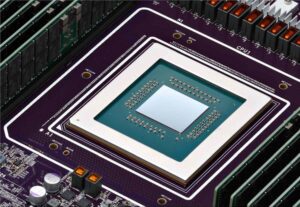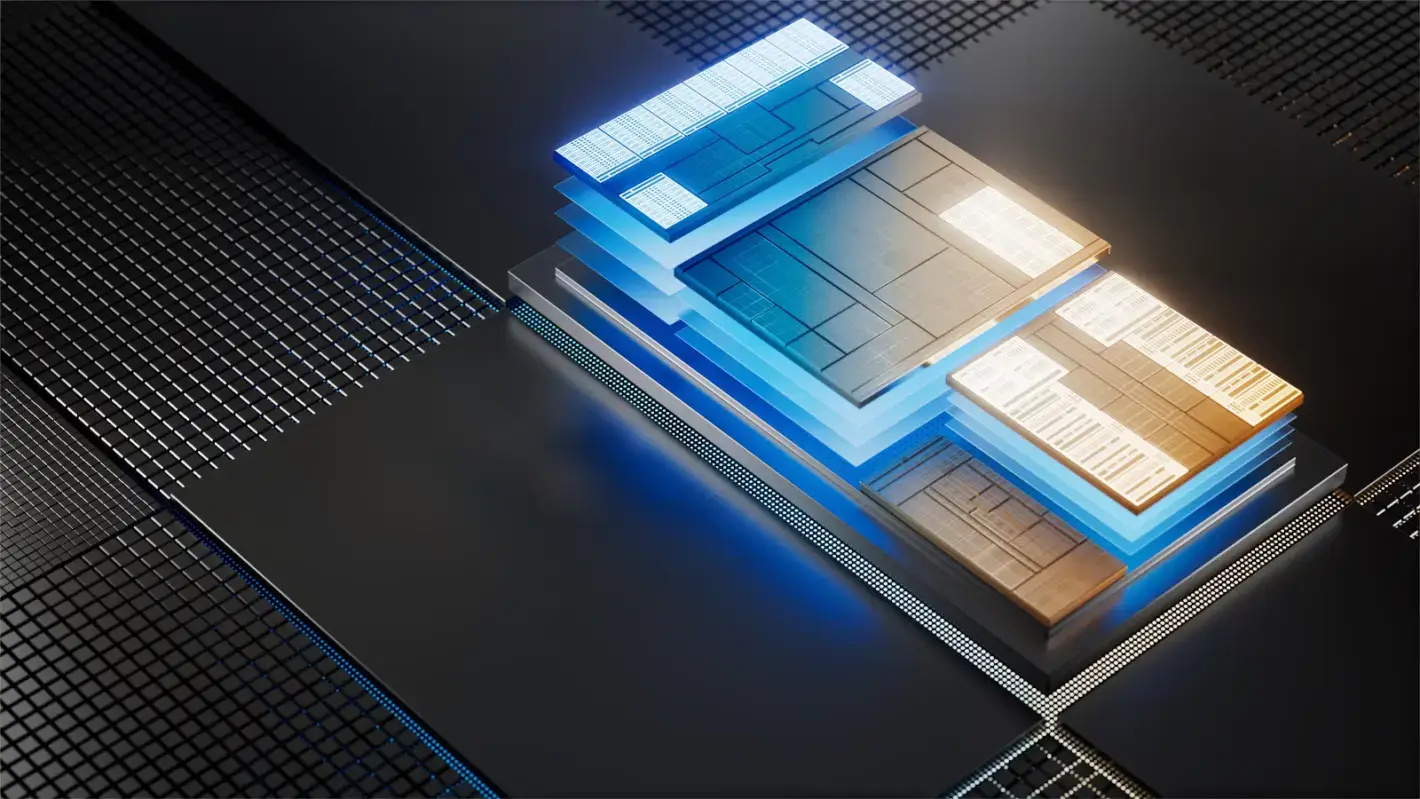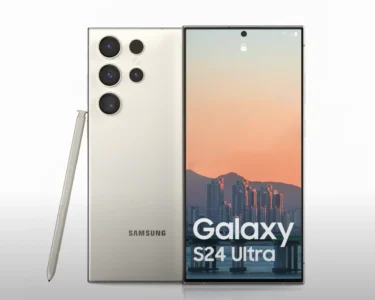Google has taken a significant step towards hardware independence with the unveiling of its custom Arm-based processor chip, codenamed “Axion.” This move signifies a potential shift away from traditional x86 architecture and paves the way for a more diversified hardware ecosystem for Google. The impact could be felt in both consumer devices like Pixel phones and Google’s vast data center operations.

Breaking Away from the Pack
For years, Google has relied on processors built by companies like Intel and AMD for its Pixel smartphones and data center infrastructure. The Axion chip marks a turning point, showcasing Google’s in-house chip design capabilities and its desire for greater control over its hardware stack.
Arm’s Appeal
Arm-based processors are known for their energy efficiency and performance, particularly well-suited for mobile devices. Google’s decision to leverage Arm architecture could lead to more power-efficient Pixel phones in the future, potentially translating to longer battery life or improved performance. Additionally, Arm chips are often seen as a more cost-effective option compared to x86 processors, potentially impacting both production costs and consumer pricing.
Data Center Domination
The implications of Axion extend beyond smartphones. Google’s data centers, which power many of its popular services like Gmail and Search, could potentially benefit from the custom chip. Axion’s efficiency could lead to lower operational costs for Google’s cloud services and potentially even translate to more competitive pricing for its cloud customers.
The Competition Heats Up
Google’s foray into custom chip design intensifies the competition in the semiconductor industry. Established players like Intel and AMD will likely face increased pressure to innovate and remain competitive. Additionally, other tech giants like Apple with their own custom chips like the M1 series will find Google as a more formidable rival in the hardware arena.
Uncertainties Remain
While the unveiling of Axion is a significant development, it’s important to acknowledge the unknowns. The chip’s performance benchmarks compared to existing options and the timeline for integration into Google devices and data centers remain to be seen.
The Future of Google Hardware
Google’s move towards custom chip design signifies a bold step towards hardware independence.
The Axion chip has the potential to revolutionize Google’s Pixel devices and data center operations, offering improved efficiency, potentially lower costs, and a more competitive edge in the market. The coming months and years will reveal how effectively Google integrates Axion into its hardware ecosystem and the true impact it has on the company’s future.





